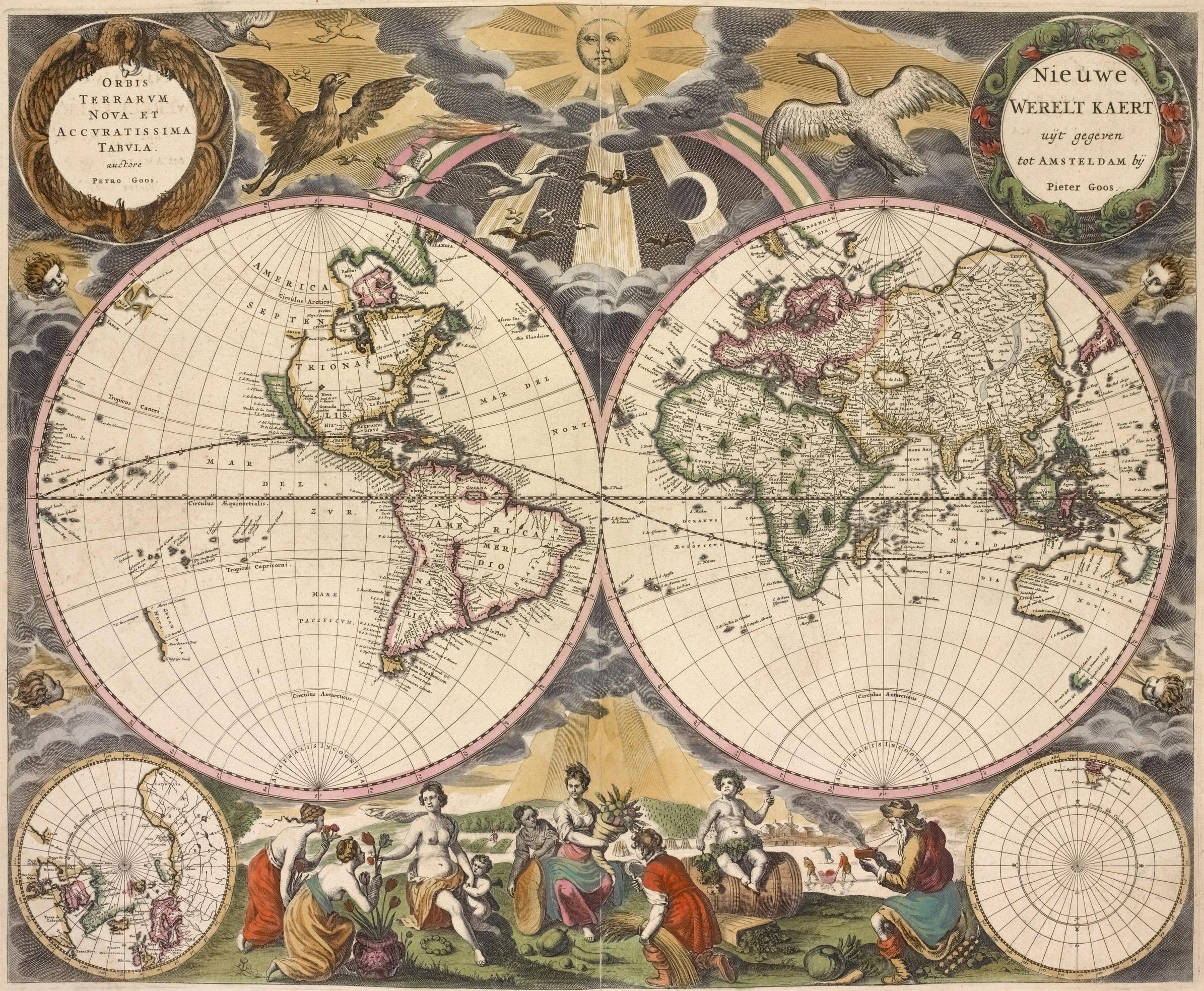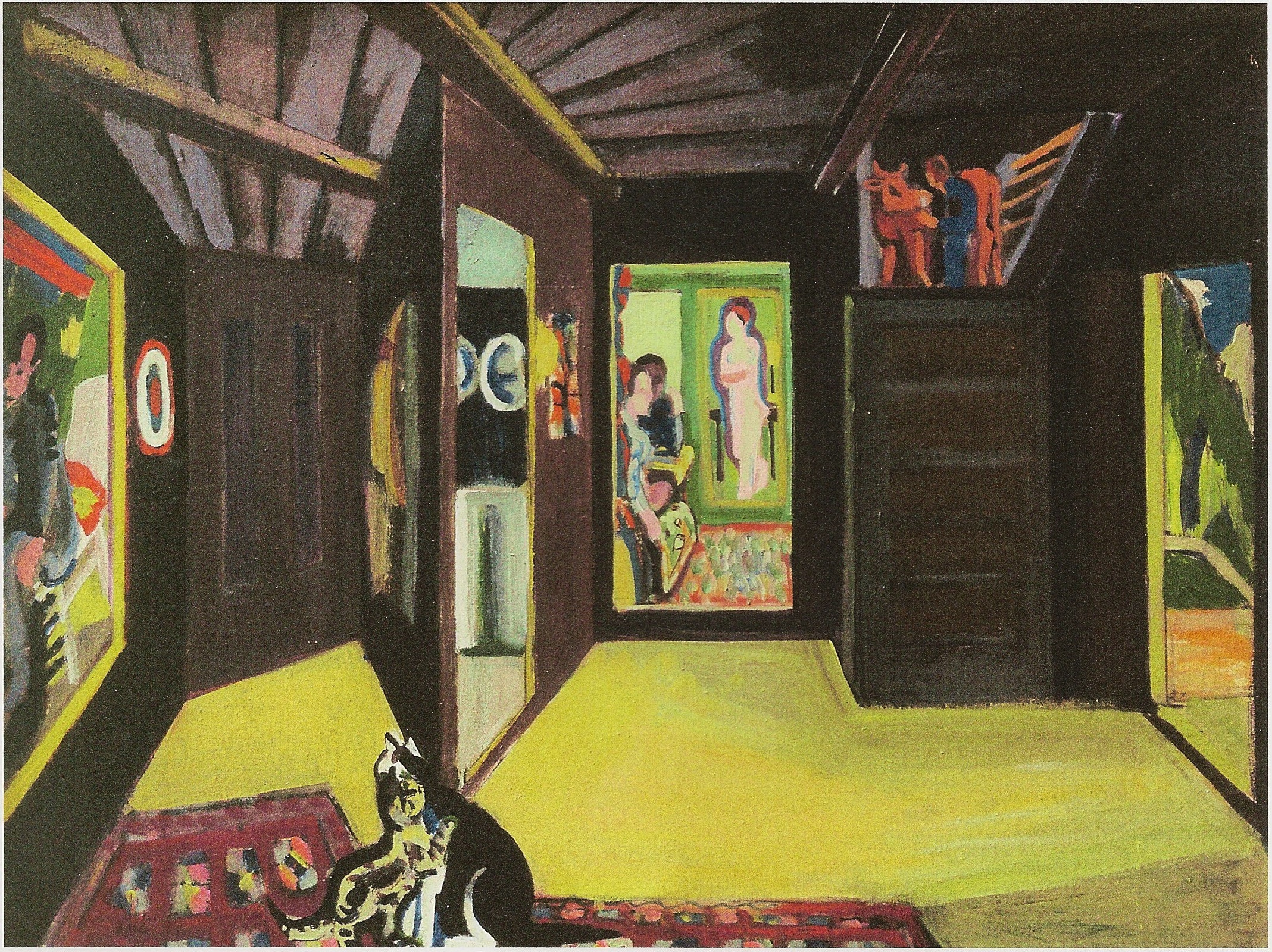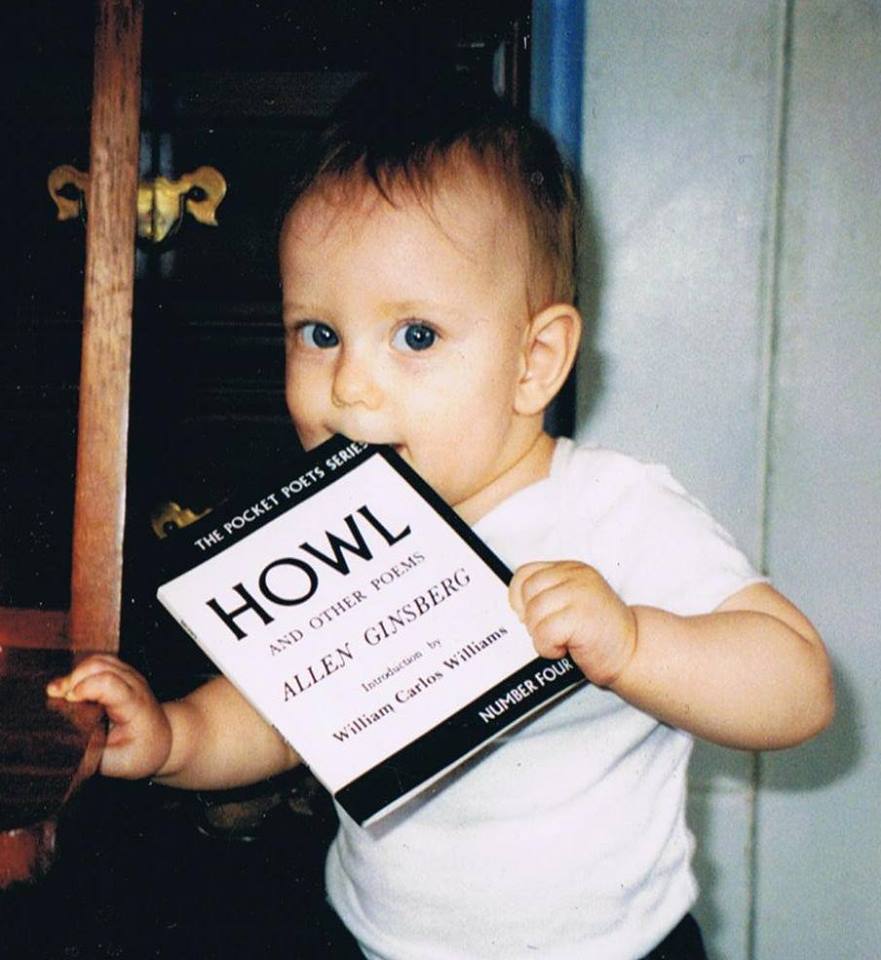Welcome to April and May’s combined issue of Synchronized Chaos Magazine. In this issue, lots of thoughts rumble up from our subconscious minds. Silly, deep, noble, ugly, poetic, concrete, rebellious, nostalgic, wistful, altruistic, romantic – our minds contain within them rich multitudes, a plethora of thoughts.
A few pieces literally concern the subconscious.
Liz Hughes reviews Clem Masloff’s book Galactic Minds in her regular Book Periscope column, which is about a form of psychotherapy that involves the merging of the conscious and subconscious minds.
Cristina Deptula discusses Nisha Singh’s Bhrigu Mahesh: The Witch of Senduwar, which is a mystery novel where the hero believes that we can approach human psychology scientifically enough to say for sure that someone had it in them to do something. Detective Bhrigu Mahesh believes that we can ultimately understand the workings of both the conscious and subconscious mind.
Henry Bladon shares a piece about psychiatrist R.D. Laing, who seemed to enjoy getting people to challenge their thinking by making unconventional statements and encouraging them to embrace distress and confusion.
Other pieces can be divided into a few broad categories.
Memory and nostalgia
Joe Balaz sings a pidgin ode to the good old days and a lament on how times change, while Sandra Rogers-Hale gives a humorous take on whether she needs new technology.
Artist Jeongeui paints a mountain mirrored in a lake. Reflections are like memories in that they resemble reality, bringing scenes to mind again. Also, as with our memories, some aspects of reflections are exactly accurate down to the last details, while others can be distorted and differ from the actual object.
Al Murdach remembers the flannel-board Christianity of his Sunday school days, while reflecting on feelings of implicit exclusion of those who are ‘imperfect.’
Michael Noel offers a tribute to musical great Dick Dale while Norman J. Olson describes visiting Elvis’ mansion, provoking thoughts on the King’s legacy, death, and how we all might be remembered.
Joan Beebe celebrates memories of happy family life, which are a comfort to her in a current time of sadness. J.J. Campbell finds that even nostalgia is a weak comfort in times of loss.
David Estringel writes of various forms of subtle grief: the loss of some poetry scenes to consumerism, a breakup that submerges him into his bed pillows, and just the slow death of not feeling his life is going anywhere.
His pieces resemble the negative side to Bob Eige’s painting Hall of Mirrors or Same Old, Same Old – the repetitive monotony.
Recollections of words and thoughts and images, sometimes loosely organized
Vernon Frazer’s concrete poetry adds words upon words, creating moods and images in a style organized like classical music. Ian Allaby does something similar with onomatopoetic words, lushly describing his wish to win someone’s heart.
Alan Britt reflects on the limitations of words to describe life, but acknowledges that words are often all we have.
Rodney Gardner’s poems intimate plant reproduction, meditating on awkwardness and death as we move through the life cycle.
Phillip MacDonald thinks of a tree’s changes through the seasons with a haiku, a poetic form evoking a glimpse or a brief thought. Jeff Bagato contemplates the banana in a longer but still thematically similar piece.
Christopher Bernard poses the paradox of a chilly spring: too sunny to be confined indoors, yet still cold enough for the days to feel like ice, slowing us down when we go to experience the word.
Walter Ruhlmann drags us through the miasma of where our minds can go with too much silence: ugliness in the harsh light of reality. Luke Kuzmish writes of low-budget hotels, too-early mornings, and social injustice with short lines that slow the reader down, giving a weary tone to the pieces that matches the subject matter.
Various contributors’ different takes on love
Mark Murphy shows us the paradox of middle age: we have more mature bodies and understand the world in deeper ways, but still possess the desire and hope to be loved.
Mahbub gives us poems of empathy, short little wishes and bursts of connection.
Chimezie Ihekuna asserts his sexual ethics and advocates against using others for one’s selfish ends.
In an interview with Carol Smallwood, children’s author Nancy Levinson discusses balancing writing with caring for her ill husband.
Contemplations of who we are, who we can be, where we fit into a larger world.

The NYPL’s digital collections include a number of maps in the public domain, like this 1672 world map by Pieter Goos.
In Ryan Flanagan’s tales of transgression, speakers engage in activities that are to some degree illegal or unsafe, and find them exciting. Christopher Bernard sneaks out to see Notre Dame during a high school trip, experiencing a moment of transcendence at age 17 that has become all the more poignant given the recent fire at the cathedral.
Adesina Ayobami Idris’ piece seems a satire of the facile get-to-know-you questions that proliferate on social media, but goes deeper, revealing her determination to find joy in the vastness of the universe, despite loss and grief.
Poet Steven surveys islands off the coast of Scotland in an elegantly restrained five-part piece, reflecting that in some ways they have not changed much over time. He also reflects on the limits of language and logic in pieces that rely heavily upon both.
Janine Canan reminds us that human civilizations come and go. We always live within nature, and She has the final word. In Jeff Bagato’s poetry, nature retakes civilization entirely.
Thank you very much for your perseverance in following your conscious and subconscious minds through the various posts of this issue!
We at Synchronized Chaos Magazine encourage people to read our regular contributor Mark Murphy’s story and consider supporting his fundraiser at the below link!
10 years ago iI was living with my American wife in the UK. We were married in Dublin and then lived in the UK for two happy years, until my wife, Nora, was deported for not being a British citizen. I am a poor poet, living on benefits, due to my disability, and I haven’t been able to travel to America to see my wife because I cannot afford the air fare to get there, which has resulted in me not seeing my wife for over eight years.
In the meantime, I have written a full length collection of poems, ‘To Nora, A Singer of Sad Songs’ that is to be published this year by an American poetry press in New York. Nora is very excited and happy about this, as you can imagine. Alas, Nora desperately misses me, and needs to see me. Hopefully, this fundraiser will raise the money I need to make the trip and visit Nora and her son in upstate New York. If all goes to plan, I will visit Nora for a full month and explore the options for our future life together, including the possibility/probability of one of us re-locating to a different country. I’m also hoping to kill two birds with one stone, firstly by seeing Nora, and secondly, by promoting my new book with poetry readings. If luck is on my side, the book may well come out before I arrive in America and I may even be able to arrange some book signing sessions in local bookshops!
Here is the very first poem from ‘To Nora…’ which was written before we ever met in the flesh, and now stands as testament to our lives apart…
My Love is in America
I cannot hold you, nor yet kiss you,
yet with your song
you have rendered my heart
incapable of hiding in the loneliness of the moon.
Whatever histories pass us by
(whatever tyrants shall rise and fall)
I will bring you my poems
with bread and flowers
and we will make our bed in fields of wheat.
Whatever Graces attest their favour
(whatever divinities shimmer in the night)
you will come to me, eternally,
yielding your body, your mouth to mine,
and I will yield my seed, the fruit of all my blood.
My love, I cannot live without you,
it would be Death
and Death is over there
beyond the joy of song, beyond the sightless stars.
I hope my friends, colleagues and contacts on Facebook will understand my plight and my deep-seated need to re-unite with Nora, and donate whatever they can, small or large, to help facilitate my travel costs. My deepest thanks in advance, to anyone who responds to my call for help. May you live a blessed life.



